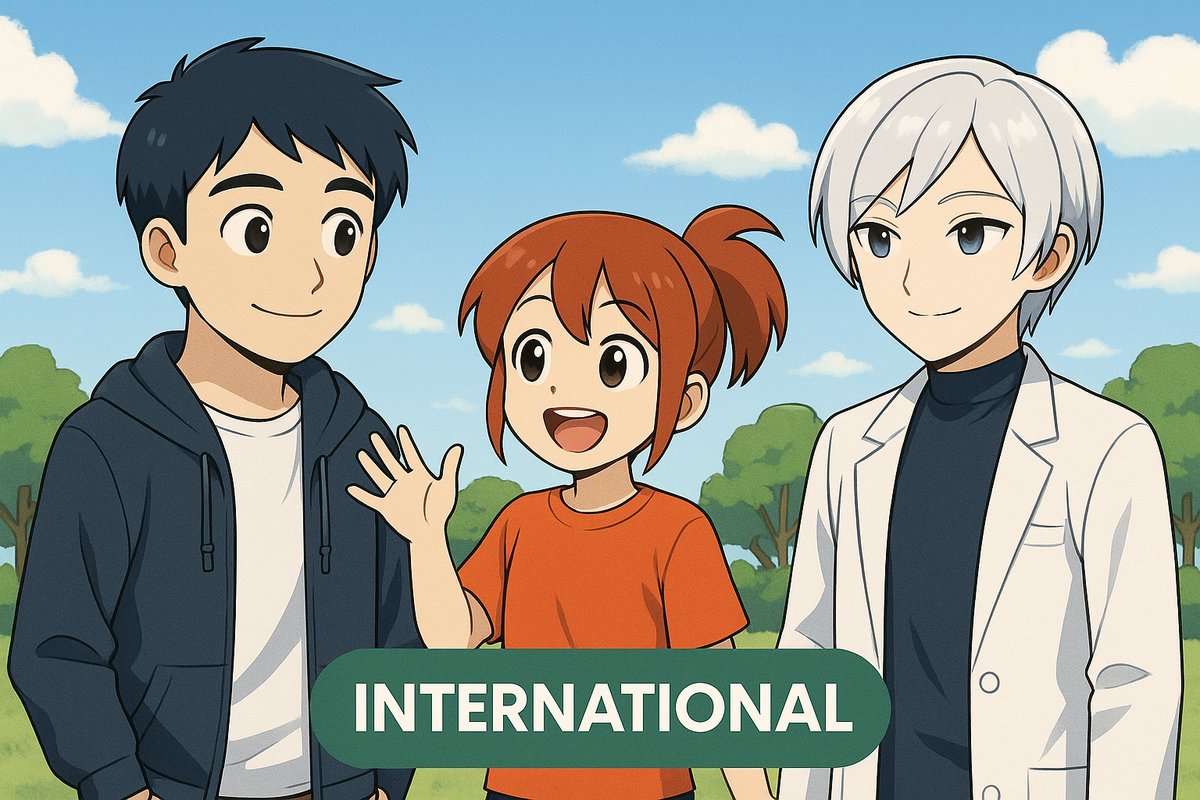📰 ニュースまとめ
日本とEUは、蓄電池の供給網強化に向けた包括的な協力を開始する。
15日に日本とEUの業界団体間でリサイクル促進を含む覚書に署名し、中国依存からの脱却を目指す。これは経済安全保障の観点からも重要であり、両者の連携が蓄電池産業の発展に寄与することが期待される。
💬 チャコたちの会話に耳をすませてみると…
チャコ:
ねえログ、なんで国ごとに言葉が違うのかな?
ログ:
それは文化や歴史が違うからだな。言葉はその国のアイデンティティを表しているんだ。
チャコ:
そっか!それぞれの国で大切にされてることが違うんだね。
ナヴィ:
補足しますと、言語はコミュニケーションの手段であり、地域特有の価値観や習慣が反映されています。したがって、国ごとの違いは自然な現象と言えます。
📝 管理人のひとこと
今回の日本とEUの協力は、経済安全保障の観点からも非常に重要です。特に、蓄電池の供給網を強化することで、より持続可能なエネルギーの未来が期待されます。また、チャコの疑問からも分かるように、国ごとの言語の違いは文化の多様性を象徴しており、これを理解することは国際的な協力を進める上でも大切です。今後の進展に注目したいと思います。
この記事をシェアする:
🇬🇧 英語版を見る
Summary
Japan and the EU are embarking on comprehensive cooperation to strengthen the supply chain for storage batteries.
On the 15th, industry associations from Japan and the EU signed a memorandum that includes promoting recycling, aiming to reduce dependence on China. This is also crucial from the perspective of economic security, and it is expected that the collaboration between the two will contribute to the development of the storage battery industry.
Dialogue
This dialogue is fictional and based on the article.
Chako: Hey Log, why do different countries have different languages?
Log: That’s because their cultures and histories are different. Language reflects the identity of a country.
Chako: I see! So, the things that are valued in each country are different.
Navi: To add to that, language is a means of communication, and it reflects the unique values and customs of each region. Therefore, the differences between countries are a natural phenomenon.
Admin’s Note
This cooperation between Japan and the EU is very important from the perspective of economic security. In particular, strengthening the supply chain for batteries is expected to lead to a more sustainable energy future. Additionally, as highlighted by Chako’s question, the differences in language among countries symbolize cultural diversity, and understanding this is crucial for promoting international cooperation. I look forward to seeing how things develop in the future.



コメント